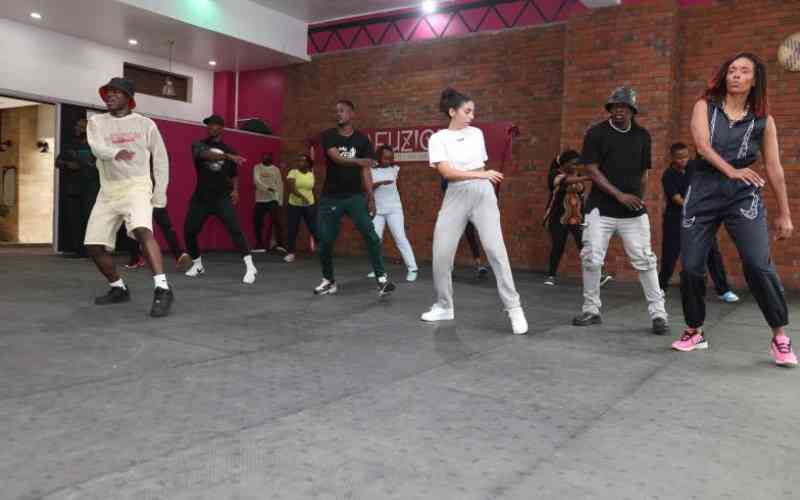
Kenya has launched a certified dance curriculum, rewriting the narrative of Africa’s creative economy.
Set up by Afuzion, the dance curriculum is a celebration of Africa’s heritage and a declaration of unity. The firm has taken one and a half years to conceptualise and bring the curriculum to life.
“There are multiple challenges in the dance industry, one being the lack of regulation. If you decide that you are a dancer, there is nothing to really say you aren’t,” said Chiki Kuruka, Founder of Afuzion.
“Dance remains a pillar of culture, but our instructors may not know the particulars of history and context. Our dance instructors teaching our children or training in the gyms may also not know the broader issues of anatomy and health and safety,” she added.
The Afuzion curriculum, which was developed in collaboration with the National Industrial Training Authority, will specialise in four dance genres consisting of West African Street, Kenyan Street, Amapiano and traditional dances like Maasai warrior dance, Luo Ohangla, Kikuyu Mugithi Samba, Makossa and Mapouka.
“Afuzion’s curriculum is holistic and focuses on the culture and context of the dance, making it rich. The instructors will take exams through four levels of practical and theory instructions to ensure they have mastered the concepts,” said Kuruka.
Kuruka said that other African countries have managed to document and export their dance styles.
“Whilst some African countries have managed to document and export their dance styles, documenting our Kenyan dance styles has lagged. Afuzion is committed to naming and protecting Kenya’s dance styles, to enable us to export them on a global stage,” she said.
Afuzion curriculum will elevate the quality of dance instructors in Africa in a bid to professionalise and export African dance to American and European markets, as a commodity that local dance instructors can monetise.
“This will be the game changer, giving African dance its proper place in the creative economy,” said Kuruka.